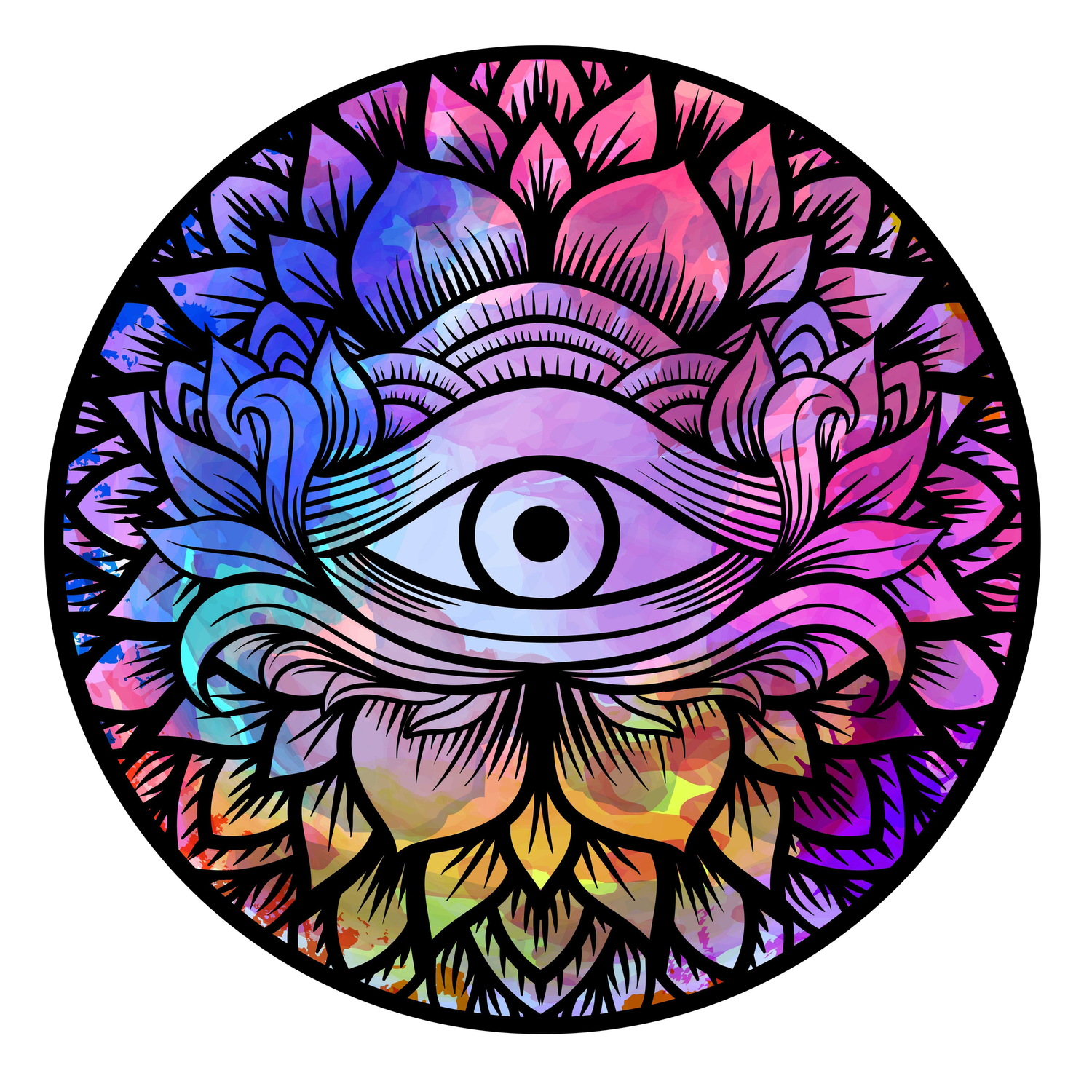Can Christians practice Paganism?
As someone who is part of both the Christian and pagan communities, I wish to discuss my personal beliefs and how these communities can not only coexist but also share and embrace common fundamental beliefs. I aim to eliminate the misconception that paganism is inherently evil, Satanic, or opposed to Christianity. Practicing Christo-Paganism, for me, involves embracing the core principles of Christianity while also celebrating the natural world and its cycles, acknowledging the interconnectedness of life and death, and believing in the potential for spiritual communication between people, nature, and the divine.
In Christo-Paganism, there is a belief in the unity of all things and a connection with the energy or universe itself. Practices such as meditation and magic rituals are seen as ways to deepen this spiritual connection and promote holistic healing, both spiritually and physically, often utilizing elements from nature. This approach to spirituality integrates aspects of both Christianity and paganism, emphasizing a reverence for creation and a harmonious relationship with the cosmos.
Christo-Paganism is a spiritual path that combines elements of Christianity and paganism, creating a unique and personalized approach to faith and practice. At its core, Christo-Pagan beliefs emphasize the idea of unity and interconnectedness, seeing value and wisdom in diverse religious traditions. This blending of Christianity and paganism can manifest in various ways, ranging from symbolic gestures to deeply integrated rituals and ceremonies.
One central aspect of Christo-Pagan beliefs is the acknowledgment of the divine in multiple forms. While rooted in the monotheistic concept of God found in Christianity, Christo-Pagans often recognize and honor the presence of divine energies in nature, in the cycles of life and death, and in the interconnectedness of all living beings. This polytheistic or pantheistic worldview allows for a broader understanding of spirituality that transcends traditional religious boundaries.
Rituals and practices in Christo-Paganism are often highly personalized and eclectic, drawing inspiration from Christian sacraments, such as communion or baptism, as well as pagan rites, like honoring seasonal transitions or working with elemental energies. These rituals serve not only as expressions of devotion but also as means of spiritual empowerment, healing, and connection with the divine.
Another significant aspect of Christo-Pagan beliefs is the emphasis on personal responsibility and ethical living. Drawing from Christian teachings of love, compassion, and service, alongside pagan values of environmental stewardship, respect for diversity, and personal empowerment, Christo-Pagans strive to live harmoniously with the natural world and promote positive change in their communities.
Community and fellowship also play a vital role in Christo-Paganism, with practitioners often seeking or forming groups where they can share experiences, knowledge, and support. These communities provide a sense of belonging and understanding, fostering spiritual growth and deepening the exploration of combined Christian and pagan beliefs.
In essence, Christo-Pagan beliefs embrace diversity, creativity, and a holistic understanding of spirituality that honors both the sacred traditions of Christianity and the ancient wisdom of paganism, creating a rich tapestry of faith that resonates with those who find meaning in blending these two paths.
